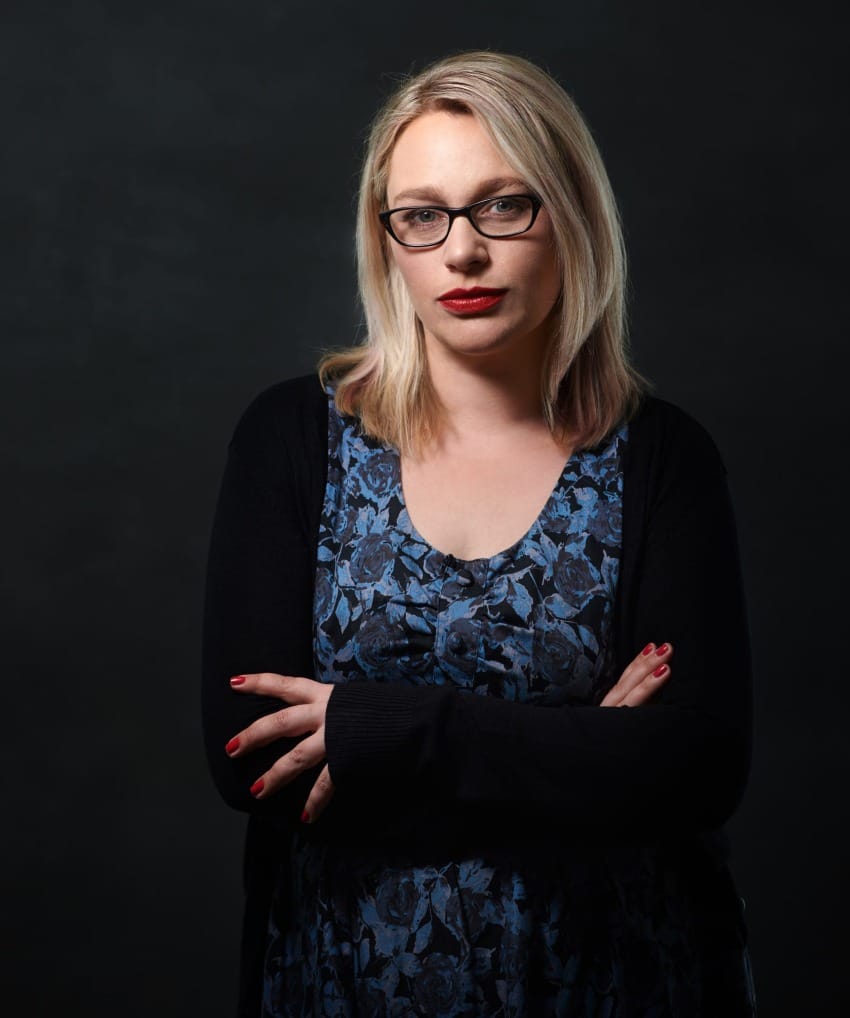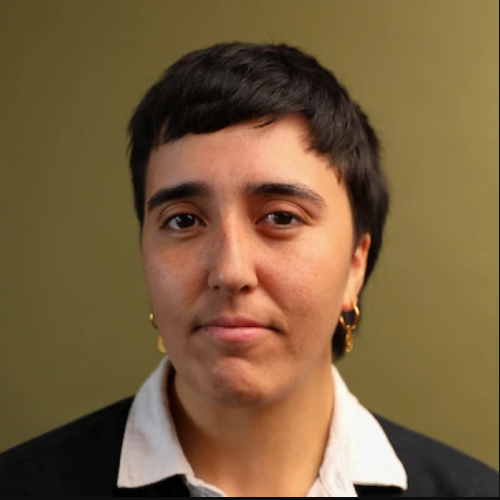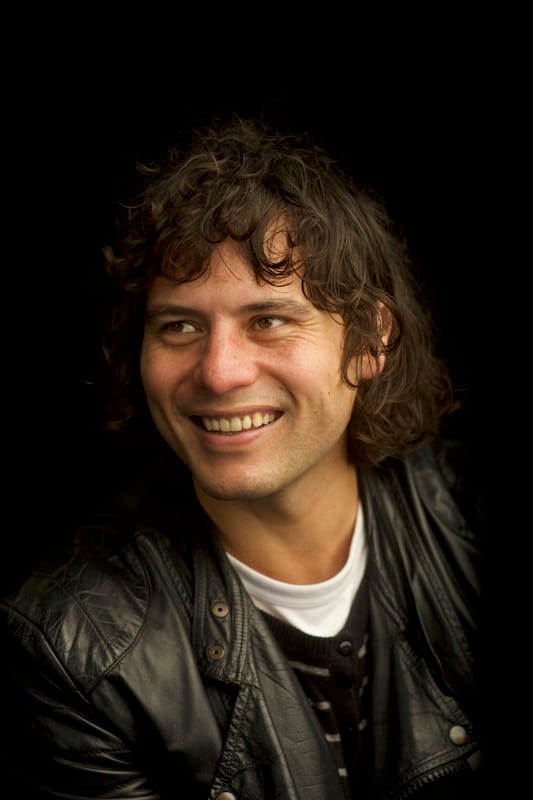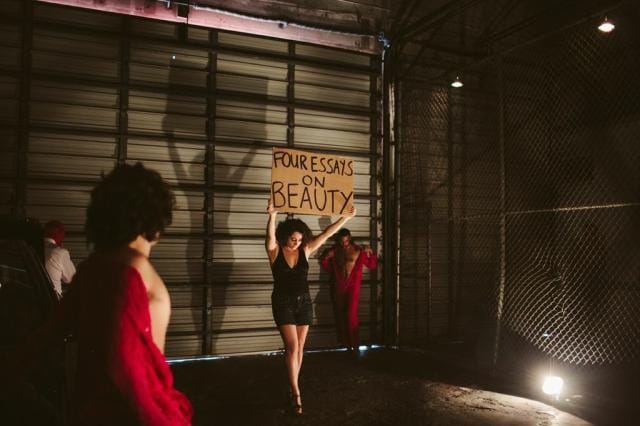How I Review: Erin Harrington

In the first edition of How I Review, an interview with academic and arts critic Erin Harrington, founder of the criticism hub Flat City Field Notes.
Erin Harrington is an academic and arts critic based in Ōtautahi. She has contributed reviews and cultural criticism to The Pantograph Punch, The Spinoff, The Press / stuff.co.nz, Bulletin, The Physics Room / HAMSTER, Theatreview, Christchurch City Libraries, Art News New Zealand, The Playmarket Annual, RNZ National, BBC5, ABC National Radio Breakfast (Australia), TV3, rdu98.5, Plains FM, The Conversation, Pop Junctions, Horror Homeroom, a bucketload of podcasts, and a wide range of scholarly publications. Her academic work on horror media has been featured everywhere from local community radio to the New York Times. She is a Senior Lecturer Above the Bar in the English department at the University of Canterbury Te Whare Wānanga o Waitaha, where she coordinates the UC / Creative New Zealand Ursula Bethell Writer in Residence programme. She appears regularly as a panellist, moderator, and keynote speaker at festivals and events, and is a trustee of books and ideas festival WORD Christchurch.
What’s your background in the forms that your criticism encompasses?
I am an academic, which grounds a lot of that stuff, but I was also a real theatre kid. I’d done the Sheilah Winn stuff and every production in and out of school I could, I’d done the Shakespeare Globe Centre Young Shakespeare Company, I’d done the uni am-dram bits and pieces, I’d go read scripts in the library and plan out shows I wanted to direct instead of going to class. And while I was at uni, I was also starting to write criticism, as many people coming to it do, it being a case of, “I really want to go see this show, and I have no money, and my way of seeing this show is either to work front of house tonight or to go and write about it.”
I was someone who really liked writing, and was also doing other critical writing for things like the student magazine CANTA – so I was covering everything from books to film to television to audio to food to anything you can review that stood still – and then also doing reviews on RDU. That was initially theatre and performing arts, then doing things on their weekend arts show, Magnet. It was all reviews, all the time, lots and lots of different forms, and over time that’s solidified into a practice where I feel like I’m bifurcated.
On one hand I’m an academic and my academic practice is very much about film, screen media, bodies and philosophy, and then on the other hand, there is a critical practice that is mostly focussed on the performing arts.


